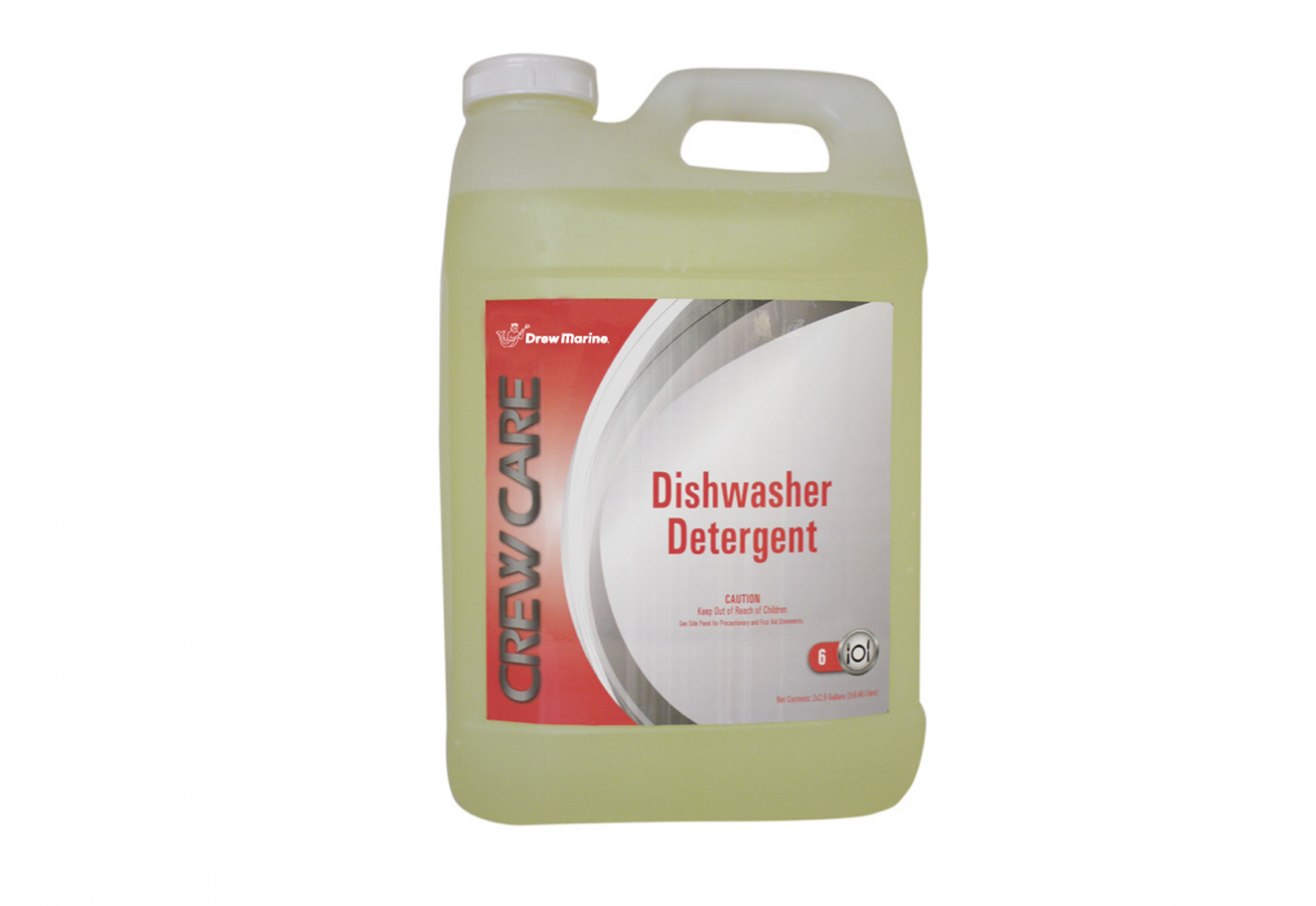ENVIROCARE WTE is a concentrated, synergistic blend of specialized bacteria strains scientifically developed to promote the rapid breakdown and digestion of various forms of black and grey water waste, including detergents, greases, fats, oils, paper, and other organic materials commonly found in marine sanitation devices. ENVIROCARE WTE helps to maintain marine sanitation devices, holding tanks, and sanitary systems
operating at peak efficiency
Marine waste treatment systems may receive shock loads of laundry detergents, harsh cleaning agents, paper, fats, oils, and greases. These heavy doses upset the delicate environment of the naturally-occurring bacteria in these systems and can overwhelm the bacteria. When this occurs, the waste treat-ment process is slowed or stopped. The loss of biological activity is often characterized by foul odors, which may be emitted from
toilets and drains.
When used regularly, ENVIROCARE WTE will continually promote the presence of powerful waste-degrading bacteria, ensuring the waste treatment system is biologically active. ENVIROCARE WTE reduces the buildup of sludge and deposits in holding tanks, vacuum tanks and equipment, and assists in keeping the waste treatment system running efficiently.
PACKAGING
ENVIROCARE WTE waste treatment enhancer treatment is available in a 11.3-kg cardboard box (PCN 8717714) each containing 50 (8 oz. = 0.227 kg) water-soluble packets.
FEATURES
• Powerful concentrated sodium bisulfite
• Removes dissolved oxidants
• Liquid formulation (no noxious odors from dissolving powdered reducing agents)
• Concentrated formulation
BENEFITS
• Removes and prevents sludge in sewage treatment system
• Helps maintain optimum operating efficiency
• Reactivates biological activity
• Reduces need for costly manual or hazardous chemical cleaning
• Optimizes degradation of virtually all waste commonly found in shipboard sanitation systems
• Prevents odors associated with overloaded systems
• Cost Effective
• Convenient to handle and apply
• Minimal impact on crew
• Minimal environmental impact






